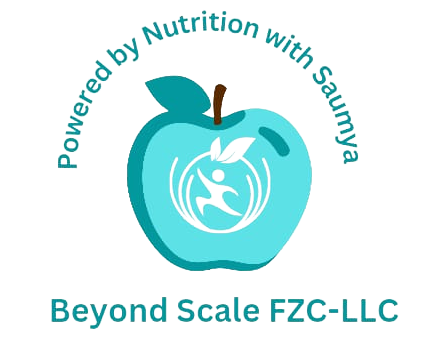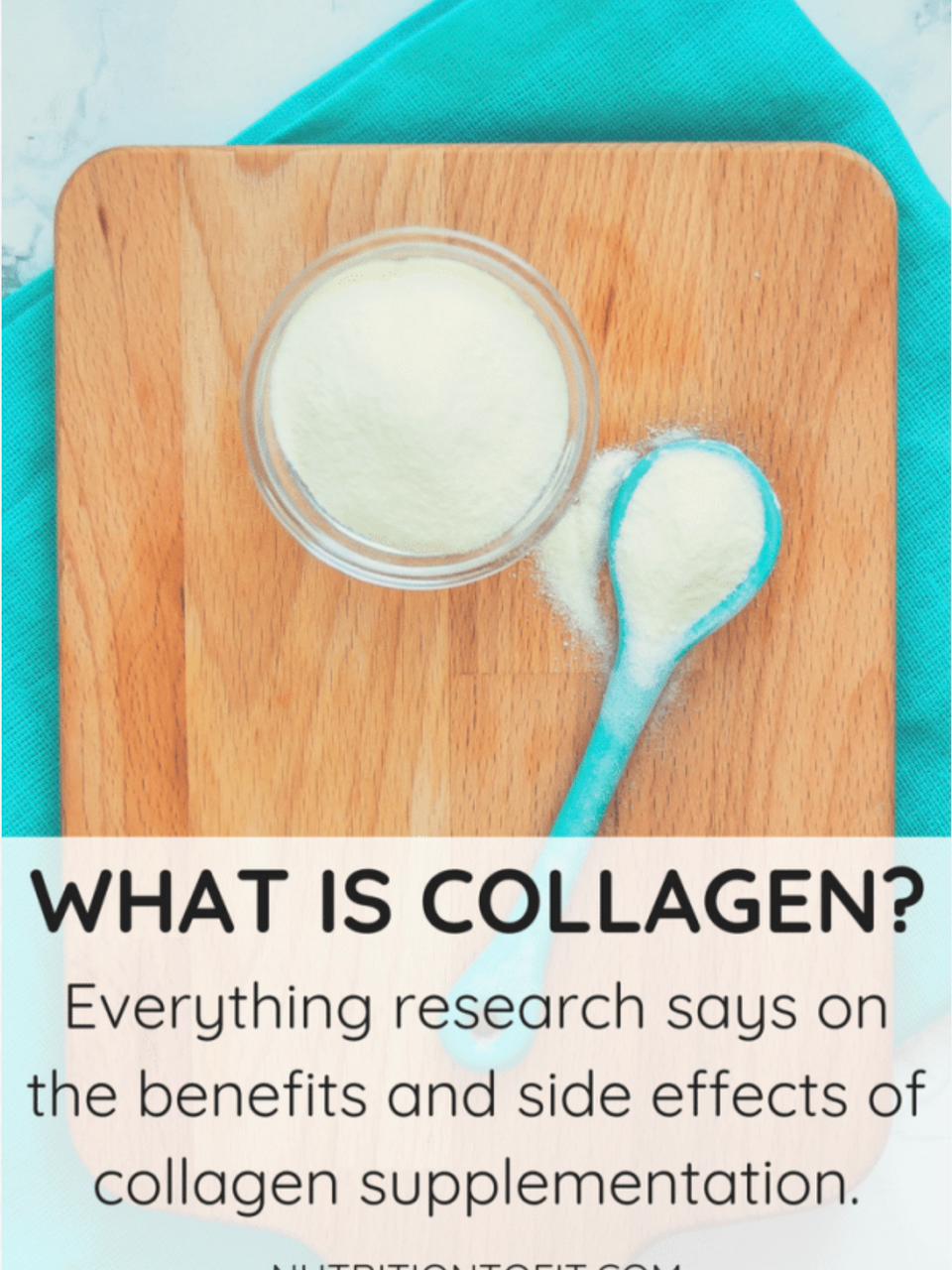To understand why collagen is vital to our health, we should know four things:
1. It’s one of the most vital & abundant proteins for your body to function. Making up from 25% to 35% of the whole-body protein content It is the main structural protein in the extracellular matrix found in the body’s various connective tissues
2. Collagen is a structural protein. It acts as the glue that holds our body together. Since it’s a major part of our connective tissue, collagen maintains the structure and integrity of our skin, muscle tissue, bones, and tendons.
3. It sends out important signals to our cells. These signals can combat inflammation and repair damaged cells.
4. Our collagen production declines naturally as you get older. As such, you may need to take supplements.
We might be familiar with collagen as a popular ingredient in beauty products and treatments.
But before you start slathering on the cream to replenish your collagen levels, you should know that topically applying collagen won’t reap any benefits.
Why? Because we need to consume collagen to capture its health benefits. Nutrition always works inside out.
When ingested, collagen can impact our brain, heart, and digestive system, but the protein molecule is too big to penetrate your skin cells. Those topical collagen and elastin creams are really just marketing hype.
Pro tip: When taking a collagen dietary supplement, take vitamin C with it to better absorb its nutrients.
1: Supports Healthy Brain Function
Recent research has suggested that there’s a certain type of collagen, collagen VI helps in treatment of Alziemers patient
2: Promotes Heart Health
Collagen has been found to promote heart health by providing structural support to the arteries, which are the vessels that carry blood from the heart throughout the body. When arteries lack adequate structural support, they can become weak, stiff, and inflexible, which is linked to a higher risk of cardiovascular disease, heart attacks, and stroke.
Collagen helps keep the shape of the arteries and blood vessels, and a lack of collagen can result in fragile blood vessels, which increases the risk of heart disease .
3: Supports Healthy Gut Function
According to several sources, collagen can provide benefits for gut health. Lets understand this-
- Collagen is composed of glycine and proline, two amino acids that are important for maintaining healthy connective tissue in the gut.
- Collagen can help regulate stomach acid secretion and aid in digestion.
- Collagen also contains glycine, which has been shown to have anti-inflammatory properties and can reduce the risk of digestive conditions.
- Additionally, collagen supplements have been shown to improve gut barrier function, which can help prevent leaky gut syndrome and other digestive issues.
- It’s important to note that you should always consult with a healthcare provider before adding any supplements to your diet to ensure that they are safe for you to take.
4: Eases Joint and Knee PainYou don’t need to be an athlete to experience joint pain. Whether your job keeps you chained to your desk or you’re on your feet all day, joint pain is something that may come up from time to time. Some people are so sensitive that a sharp change in weather is enough to stiffen up their joints.
Collagen may be able to provide natural relief.
5: Supports Your Back
If you suffer from back pain, you may find relief with collagen.
6: Supports Healthy Skin
Along with drinking lots of water and limiting your sun exposure, you probably know the claims about collagen’s anti-aging properties.
In one recent study, scientists wanted to see how collagen would affect collagen peptides in the skin. The study observed 69 women between the ages of 35 and 55 for eight weeks. Women who took a collagen supplement showed noticeable improvement in skin elasticity compared to women who didn’t .
What’s even more interesting is the older women in the collagen group had more noticeable improvements, possibly because collagen production decreases with age, leaving greater room for improvement. Scientists also noticed positive changes in the participant’s skin’s moisture and dryness levels.
Here’s an important finding to note: Researchers discovered the changes in the participants’ skin only when hydrolysed collagen was consumed.
When we ingest this form of collagen, our gut immediately absorbs it and sends it straight to joints and skin through bloodstream.
Natural source of collagen –
Bone Broth (DM me for recipe )
Here are some other foods that may help your body create more collagen:
- Wild salmon
- Cod
- Tuna
- Eggs
- Peanuts
- Avocados
- Leafy greens like kale and spinach
- Berries
- Garlic
- Chia seeds
- Pumpkin seeds
Keep in mind, your body is not getting collagen directly from the foods. Rather, these foods may help your body produce more of it on its own. Collagen supplementation is the only way to absorb collagen directly.
You can try the collagen supplement for 4 to 8 weeks as dosage mentioned on the box & get noticeable change.
DM me to ask more about brand name & your exact requirement.


